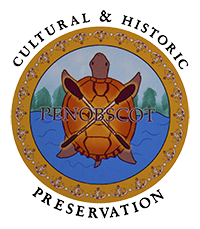Family Language
Words for the week
Kiste pahsskʷayihpəwαkan - lunch is read
kiste atəlαkʷihpəwαkan- supper is ready
pehki-kəsəpahəto kpətinal –wash your hands clean
wəličəwehtahsi- set the table
wisəwəne ttawihpoti – clean the table, tidy up the table
kahsičəwakhike- wipe the dishes
kahstəhe pemsakhαsik- sweep the floor
nətalαkkʷe I am doing the cooking
nətalαkʷəsα I am cooking it (AN chicken, bread, cake, turnip)
nəlαkʷəsəmən - I am cooking it (INAN): most other things
talαkʷaso – it is cooking (AN, chicken, etc.)
talαkʷate -it is cooking (INAN: meat, etc.)
kisso –it’s cooked (AN: bread, cake, turnip, etc.)
kiste – it’s cooked (INAN: meat, etc.)
tephama-dish food out, ladle out food
kəssičəwenike- wash the dishes
mehsəma nəkəssičəwenikew- I haven’t washed the dishes yet.
Kəsəpahəle- wash it (AN: like a bowl, cup, spoon, or chicken)
Kəsəpahəto- wash it (INAN: most other things)
Wičohkemi – help me
Wičohkemikʷ- (you pl. help me (yous)

